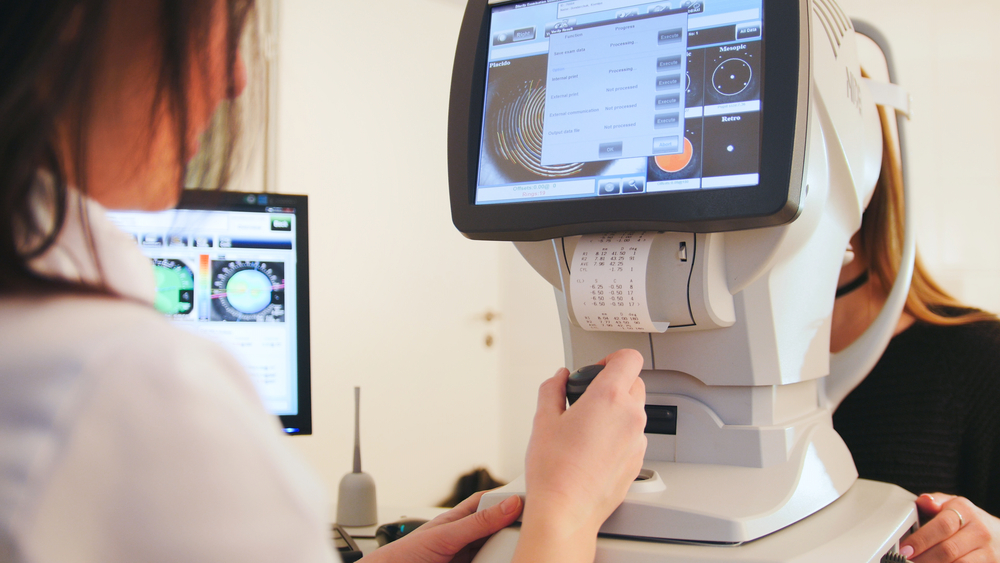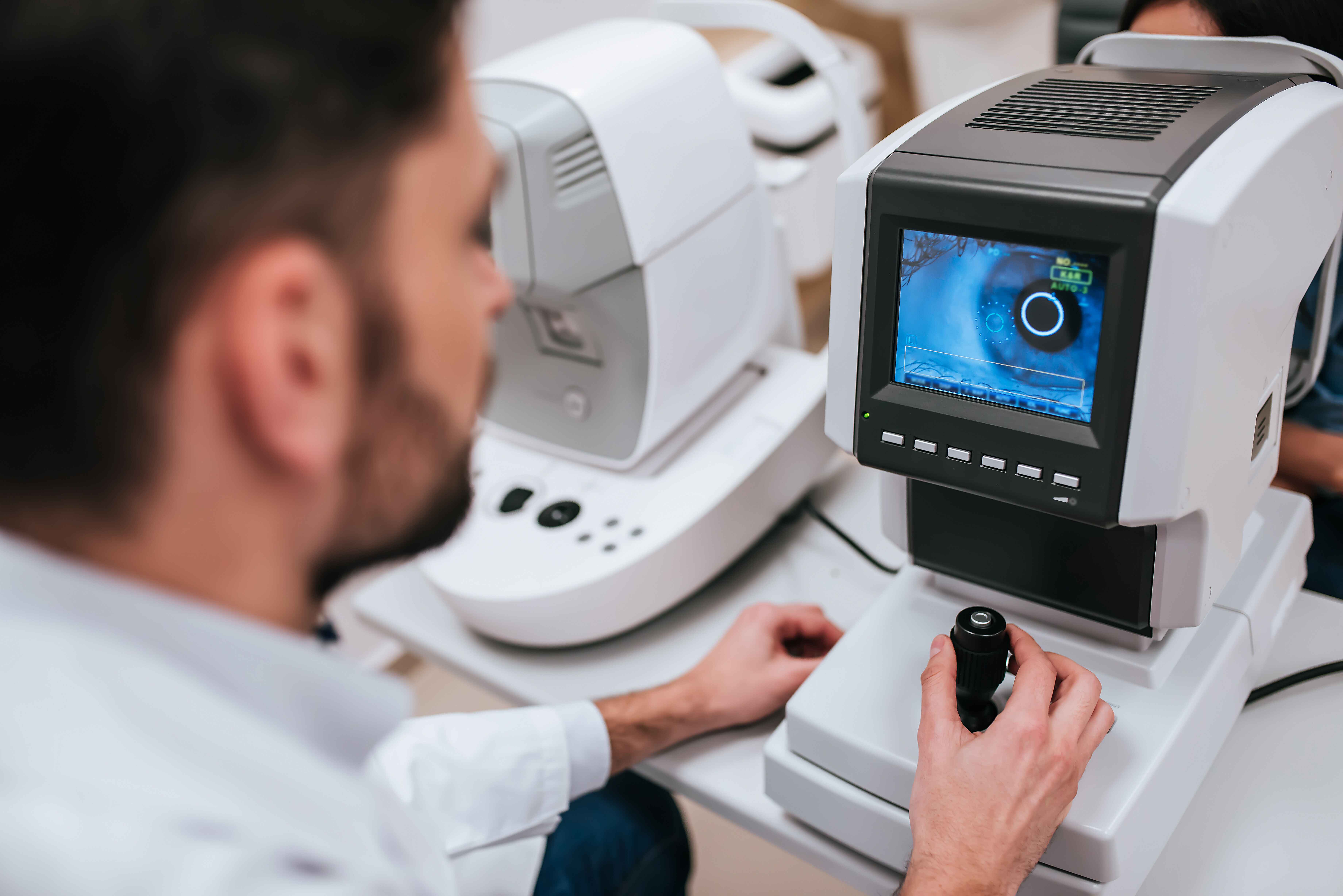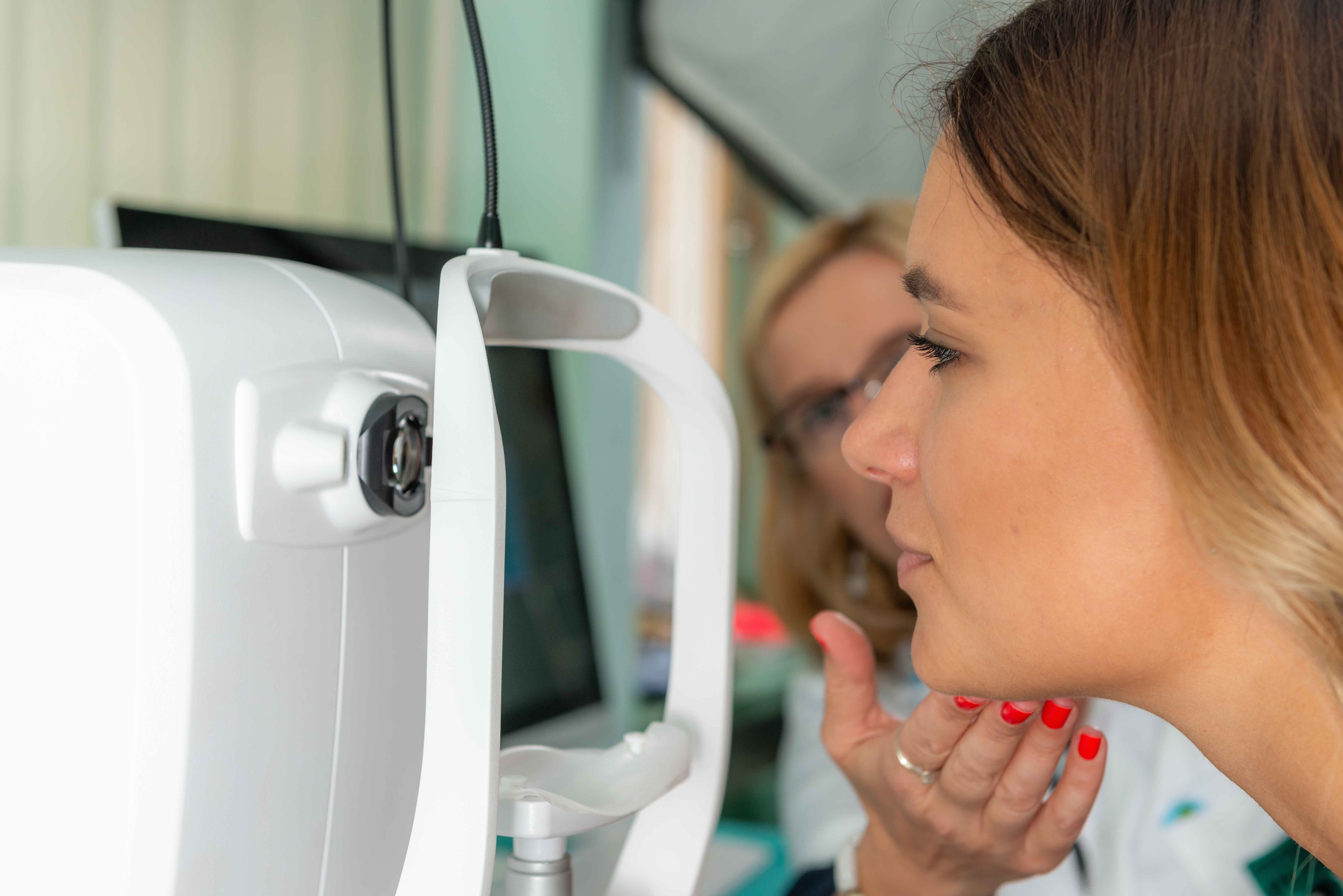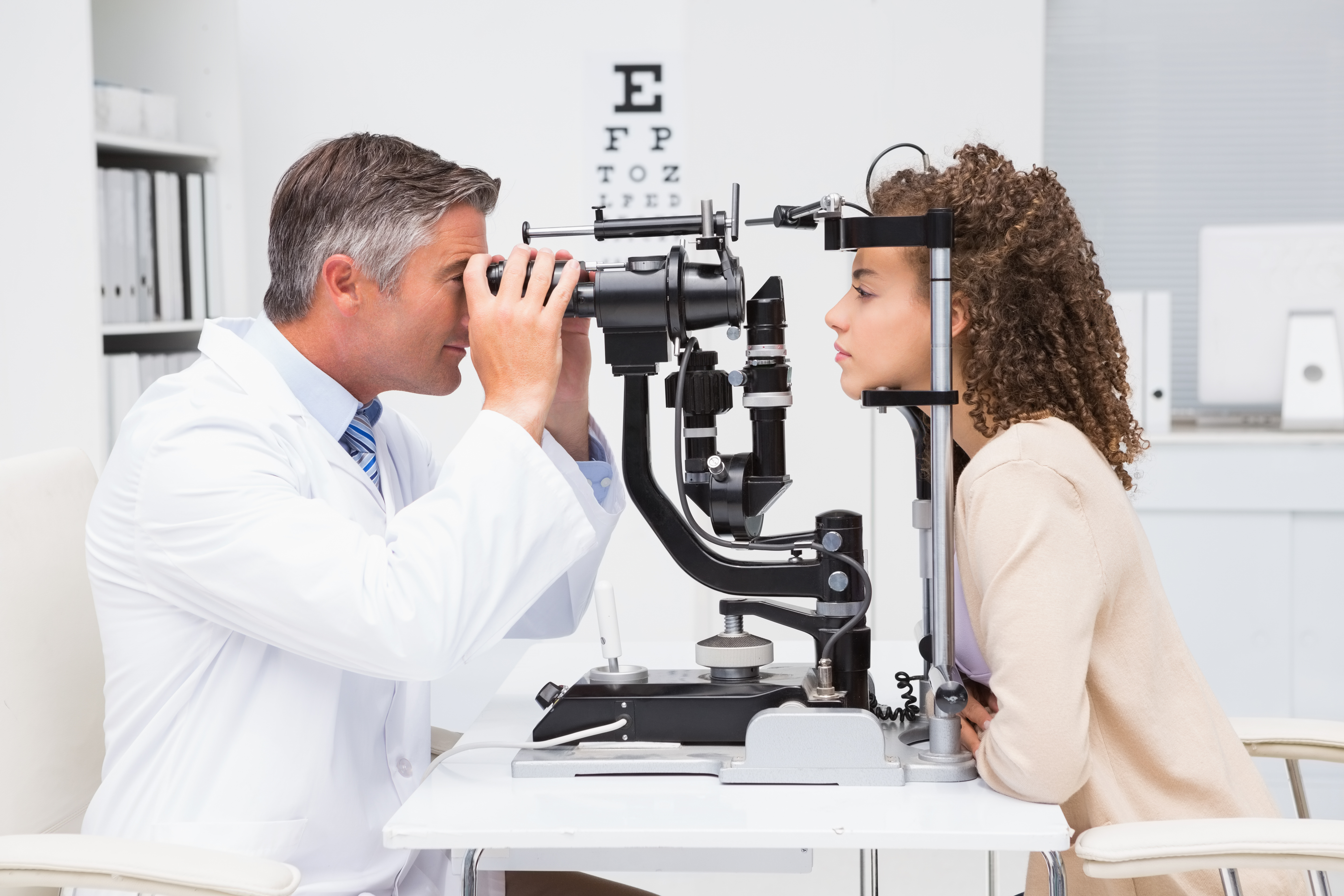Table of Contents
3 MIN. READ
Your customers might not be interested in purchasing vision insurance because they think, “Well, my vision is fine. I don’t need glasses.” But this type of thinking overlooks regular eye exams’ potential to detect other conditions, both in the eyes and elsewhere in the body, even when there aren’t any symptoms. Regular eye exams may save your customers grief and cost down the road, and by not emphasizing this fact, you could be missing out on a large market.
Why should your customers have an annual eye exam?
If your customers are like most people, they are probably not too eager to visit the eye doctor, but there are a number of benefits to regular eye exams:
- Early detection of eye disease: According to the CDC, regular eye exams can detect early signs of serious eye conditions, such as glaucoma, cataracts and macular degeneration, that can cause vision impairment or blindness. Other eye conditions, such as digital eye strain, allergies, sun damage and dry eyes, can be a long-term nuisance or lead to further problems. Many of these conditions are treatable, so catching them early can help prevent long-term vision impairment or discomfort.
- Detection of other health conditions: A number of other systemic conditions can also be detected through an eye exam. According to the American Academy of Opthalmology, conditions such as high blood pressure, diabetes and stroke can be discovered through a dilated eye examination. Studies have shown that up to 75% of multiple sclerosis patients have optic nerve inflammation and up to 25% of rheumatoid arthritis patients have dry eyes or another eye problem. Early treatment can prevent long-term complications, so early detection is important.
- Getting a baseline for your eye health: An initial eye exam can provide a baseline for doctors to keep an “eye” on your eye health. For example, people can have retinal “freckles” that should be monitored regularly to ensure that they are not growing or changing. Regular eye exams can help your doctor track some conditions and detect year-to-year changes.
Understanding that regular eye exams are so vital, you will want to offer your customers the best possible coverage for their needs.
What coverage does Vision Care Direct of Oklahoma offer?
Vision Care Direct of Oklahoma knows that not all people need the same level of vision coverage. That’s why we offer a wide variety of plan designs. Benefits can include a comprehensive benefits package (for vision exams and eyeglasses or contacts) or more limited benefits, specifically for glasses or contact lenses only.
Vision Care Direct is also unique in offering a vision plan that covers vision exams only. These are great plans for customers who might not need glasses or contact lenses now, but want to start scheduling regular eye exams to monitor the health of both their eyes and their bodies. Vision Care Direct offers your customers the opportunity to find the plan that works best for them both now and in the future.
The bottom line
There are definite benefits to regular eye exams beyond just correcting poor vision. Vision Care Direct wants to support your customers in this important preventive care activity and even offers standalone vision exam coverage to encourage regular eye exams. Because, like other forms of preventive care, a little time now can prevent a lot of trouble later.
To learn more, see our white paper about the value of comprehensive eye and vision examinations.






















































